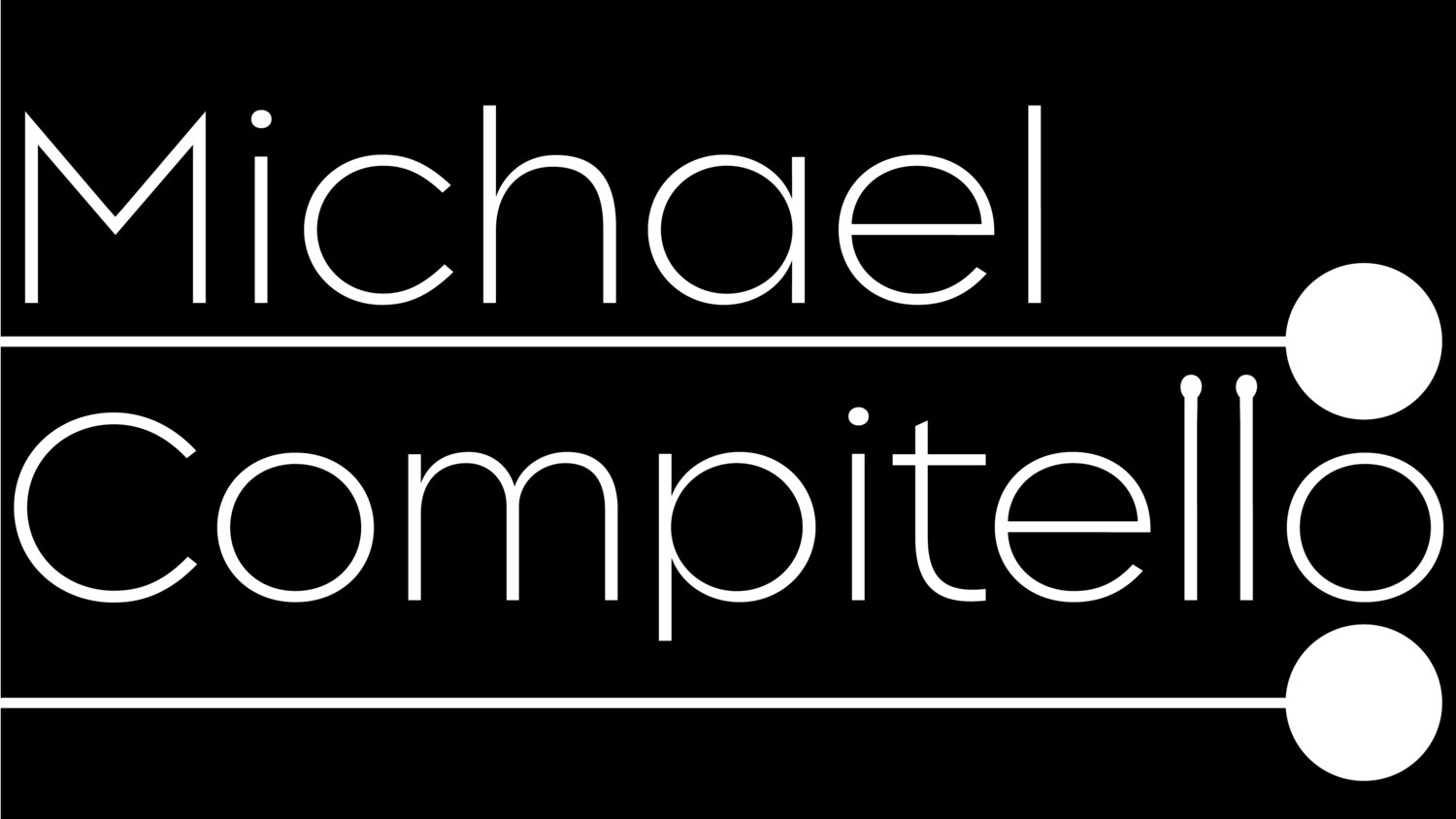Writing Personal Statements
Don’t sleep overlook personal statements on college/festival/fellowship applications.
A powerful and clear statement primes committees to listen attentively to your playing and helps them see how you are the right person at the right time.
Wait! Don’t stop reading!
Working on your writing is exactly the same as working on your instrument. Let’s practice…
Try these 7 tips to chip away at that writer’s block.
1 Block Time for Writing
Writing takes time. Editing takes more time. Start early and you’ll have more time to let your ideas incubate.
2. Know Your Audience
Who will read your statement? When? What might they want to know about you that they don’t already?
3. Bridge the Gap
Where you want to be - where you are now = the gap. Articulate how this opportunity will enable to you bridge this gap. The statement should make you an obvious, urgent, natural choice.
4. Start With a Structure
Break your writing into arguments, and brainstorm text for each.
Edit later.
Try this:
a. your goal
b. the gap between where you are now and your goal
c. how this opportunity will help you reach the goal
Remember: who/what/where/why/when!
Time out!
I write about practicing, learning and more on my two newsletters. I hope you check them out for more information.
A stressful editing session
5. Edit like crazy
Good writing takes time.
Bad writing takes time to read.
Time editing > time writing.
Leave time to move ideas around, thin your prose, and make big changes.
6. Be Specific and Bold
Focus on specific moments and goals rather than broad generalizations.
Don’t be afraid to make a big statement. Remember, this is your story.
7. Get Help.
Writing about yourself is hard.
Show your writing to a friend, colleague, coach, mentor, or anybody who can give you objective feedback.
It’s not about the statement
If this sounds like a lot of work, it is. But, it’s not a waste of time. This act, A continual process of writing, revising, performing via sharing, and getting feedback, is exactly the same process we mobilize when we learn musical pieces. And, it’s the same process one might use to write a longer text, even a more rigorous academic monograph. These are skills for life you’re developing!
Get help (Again)
This is so important I put it twice.
Writing about yourself is challenging!
If you’re sheepish about talking about your goals or touting your accomplishments, talk to a friend. Record the conversation, and use it as the basis for your writing.
Better yet, show your writing to a counselor, mentor, or coach for more objective (and fast!) feedback.
Pro tip: I coach writing.

